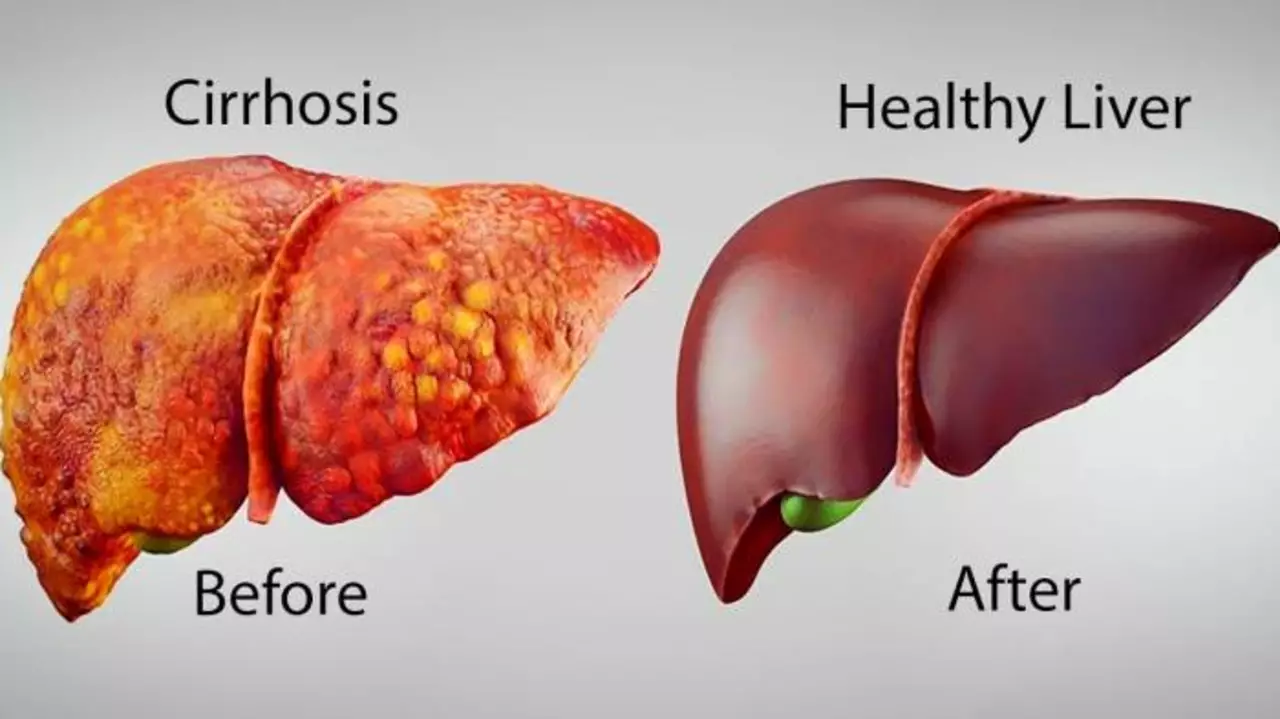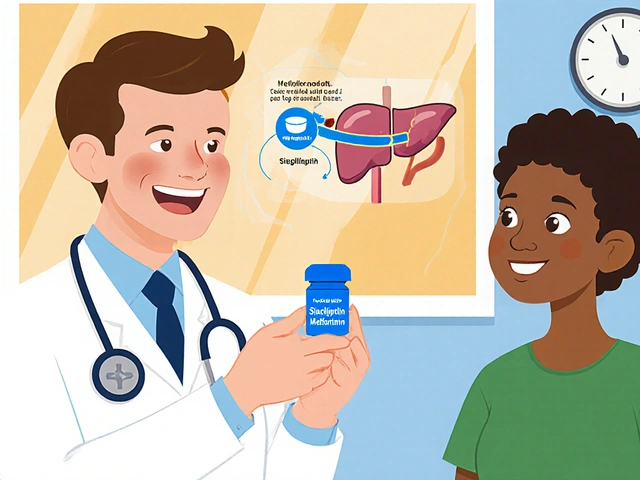Primaquine: What It Does, When You Need It, and Safety Tips
Primaquine is an antimalarial drug used mainly to kill dormant liver forms (hypnozoites) of Plasmodium vivax and Plasmodium ovale. That means it prevents relapses after the initial malaria attack. It's not usually used alone for active blood-stage malaria; doctors combine it with other drugs for a full cure. People travel, move to endemic areas, or have repeat infections often ask about primaquine because it targets the hidden parasite that other medicines miss.
Uses and dosing
Typical adult dosing is 15-30 mg of primaquine base once daily for 14 days to achieve radical cure, though exact doses vary by country, weight, and local guidelines. Some regions use a single high dose when given with other drugs for transmission blocking. For travelers, doctors may recommend a course after treating blood-stage malaria. Always follow the prescription your clinician gives - don't cut the course short, because relapses are common without full treatment.
Safety and side effects
The biggest safety concern is hemolytic anemia in people with G6PD deficiency. That's a genetic condition more common in certain ethnic groups. A simple G6PD blood test is required before starting primaquine in most places. If someone has G6PD deficiency, primaquine can cause serious red blood cell breakdown and should be avoided or given under specialist advice.
Common mild side effects include nausea, stomach upset, headache, and sometimes itchiness. Less common but serious reactions include severe anemia or allergic responses. Primaquine is usually avoided in pregnant people because the unborn baby's G6PD status is unknown. Breastfeeding requires caution; check with a doctor before taking primaquine while nursing.
Primaquine can interact with other medicines and conditions. Tell your clinician about all drugs you take, especially other antimalarials, antibiotics, or medications that affect the liver. Alcohol can increase side effects like nausea and dizziness, so it's best to limit drinking during treatment.
Before starting, ask for a G6PD test and clear dosing instructions. Keep a copy of your prescription and pack any follow-up appointment info. If you notice dark urine, sudden tiredness, pale skin, or breathlessness while on primaquine, seek medical help right away - these can be signs of hemolysis.
If you need to buy primaquine online, use licensed pharmacies and require a prescription. Cheap or unverified sources might sell fake or low-quality drugs. If you're planning travel to malaria areas, discuss prevention options with a travel clinic - sometimes doxycycline or atovaquone-proguanil are used for prevention while primaquine is reserved for radical cure or transmission blocking.
Bottom line: primaquine is powerful against hidden malaria forms but needs careful screening and medical supervision. Get tested for G6PD, follow your doctor's dose, and report any worrying symptoms quickly.
Children and older adults need adjusted doses based on weight and health. Pregnant women should not take primaquine; nurses should consult a clinician before breastfeeding. In places with limited testing, some programs use weekly low-dose primaquine under supervision, but that requires expert guidance. If you have liver disease or take many medicines, ask for a drug review to avoid interactions promptly.

Primaquine and liver health: What you need to know
As a blogger, I feel it's essential to share vital information about Primaquine and liver health. Primaquine is an effective medication used to treat and prevent malaria, but it's crucial to be aware of its potential impact on liver health. Some individuals may experience liver damage due to a deficiency in G6PD, an enzyme that protects red blood cells. Therefore, it's important to get tested for G6PD deficiency before taking Primaquine to avoid any possible complications. Always remember to consult with your healthcare provider to ensure the best course of action for your specific situation.
Categories
- Medications (70)
- Health and Medicine (61)
- Health and Wellness (36)
- Online Pharmacy Guides (16)
- Nutrition and Supplements (9)
- Parenting and Family (3)
- Environment and Conservation (2)
- healthcare (2)
- prescription savings (1)



